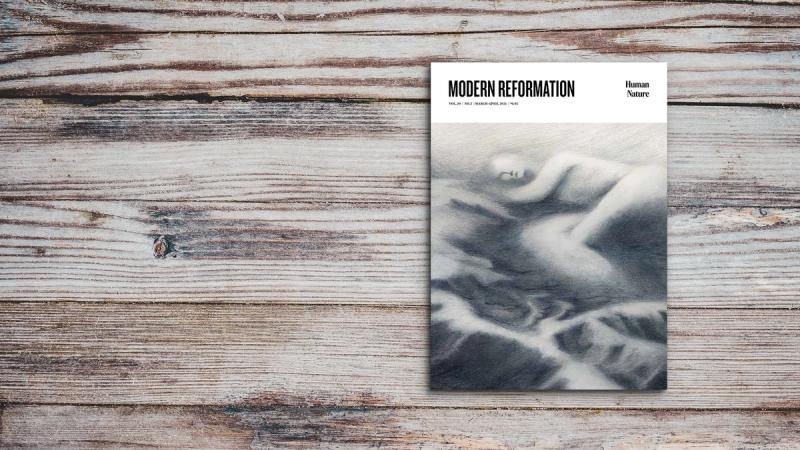Exiled from the land, the Jews were exhorted by the Lord to use their days wisely. God prosecuted his case against Judah by giving the prophet Jeremiah a letter to read to the exiles (Jer. 29). Babylon was not their home, to be sure, but they were not to spend these years wringing their hands, lamenting for “the good old days” as in fact they had been doing.
The “good old days”? According to Jeremiah’s letter, they had succumbed to a life of idolatry, sexual immorality, and oppression of the poor (especially alien residents), cheerfully embracing the “lying prophets” whose predictions of prosperity had gone against Jeremiah’s calls for repentance. The truth was that they had been carted off to Babylon in chains because they had completely violated the covenant. They had been in bondage long before God exiled them.
Yet the Lord was still with them, promising a new day when he would turn their sorrow into joy. Until then, while they remained in Babylon, the Lord exhorted them to: (1) go about their daily lives, plant vineyards, and share the common ups and downs with their pagan neighbors; (2) grow in numbers, both through covenant families and by witnessing to their neighbors about their hope in Yahweh’s promise; (3) ignore the false prophets; and (4) “seek the welfare of the city where I have sent you into exile and pray to the Lord on its behalf, for in its welfare you will find your welfare” (Jer. 29:7).
When barbarians were sacking the “eternal city” of Rome, Augustine wrote The City of God. “What will become of the church,” Jerome then asked, “now that Rome has fallen?” But Augustine realized that the real question wasn’t whether the church could continue without Rome, but whether the church—wherever it was—would remain faithful to the word. Would it, like Judah, corrupt that word with false doctrine and worship? Would its witness be tarnished by its dependence on the temporal sword rather than on the word and Spirit? Would the lives of Christians be noticeably different from their preoccupations and loves driven by a nihilistic worldview?
That was the call God gave to Judah through Jeremiah and later to the apostles in their letters to Christ’s people as exiles and pilgrims in this present evil age. Then during a time of renewed paganism, Augustine also exhorted the church to be true to the word. It’s the same today for us. As with the ancient Jews in Babylon, we dwell in a place that is only temporary. Like them, God calls us to settle, plant vineyards, raise families, and grow in depth and number as we proclaim the gospel to the ends of the earth. It’s a strategy of thanksgiving to fuel our patience in hope as we await our coming king, and to encourage us in our responsibilities to love and serve our neighbors—even our enemies—as those, for all we know, who have also been chosen by God to inherit the everlasting city in Christ.
Michael Horton is the J. Gresham Machen Professor of Systematic Theology and Apologetics at Westminster Seminary California in Escondido.






